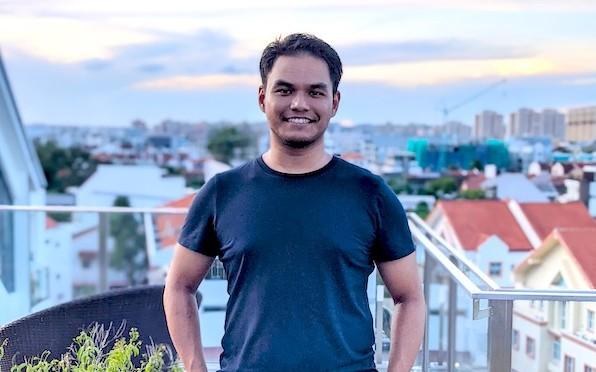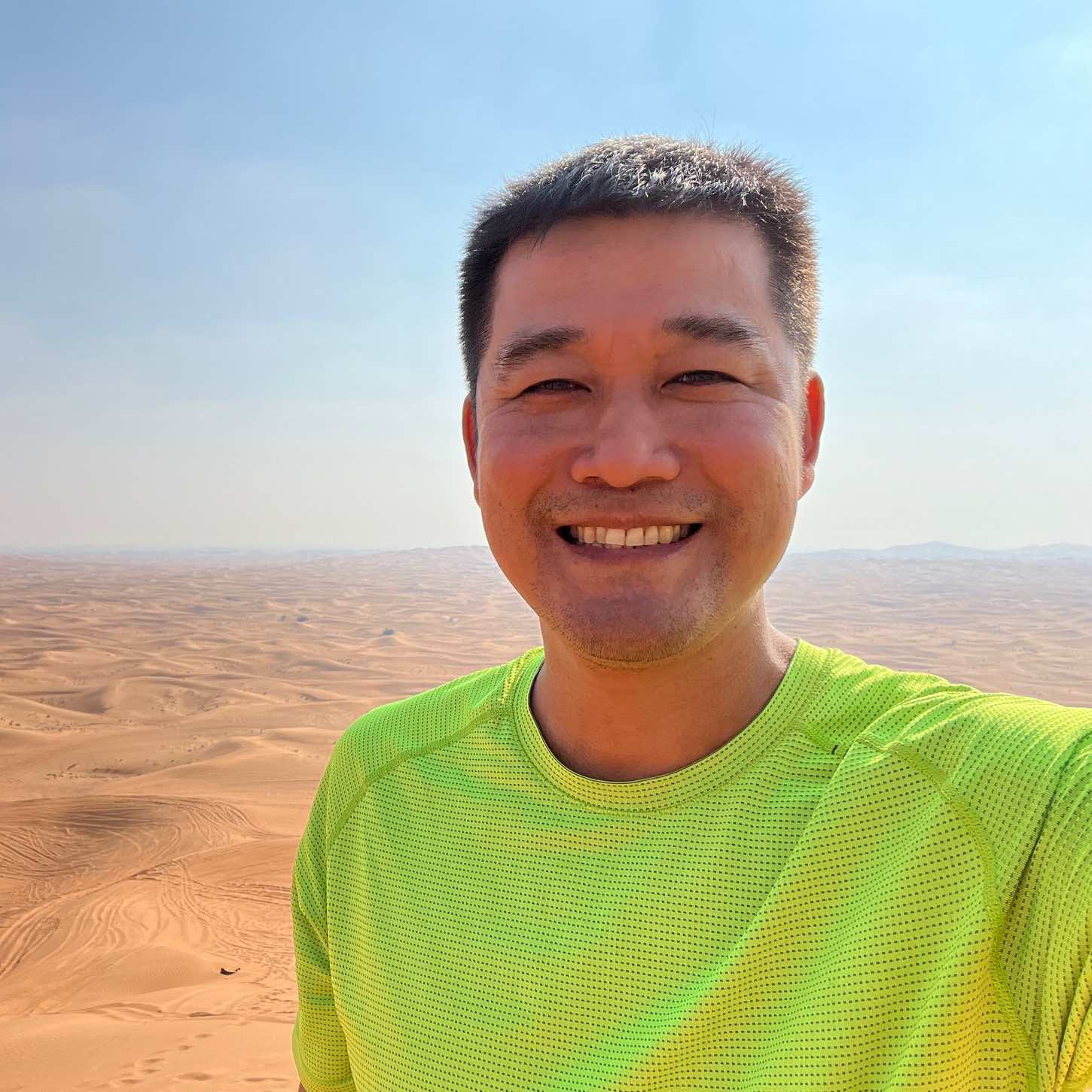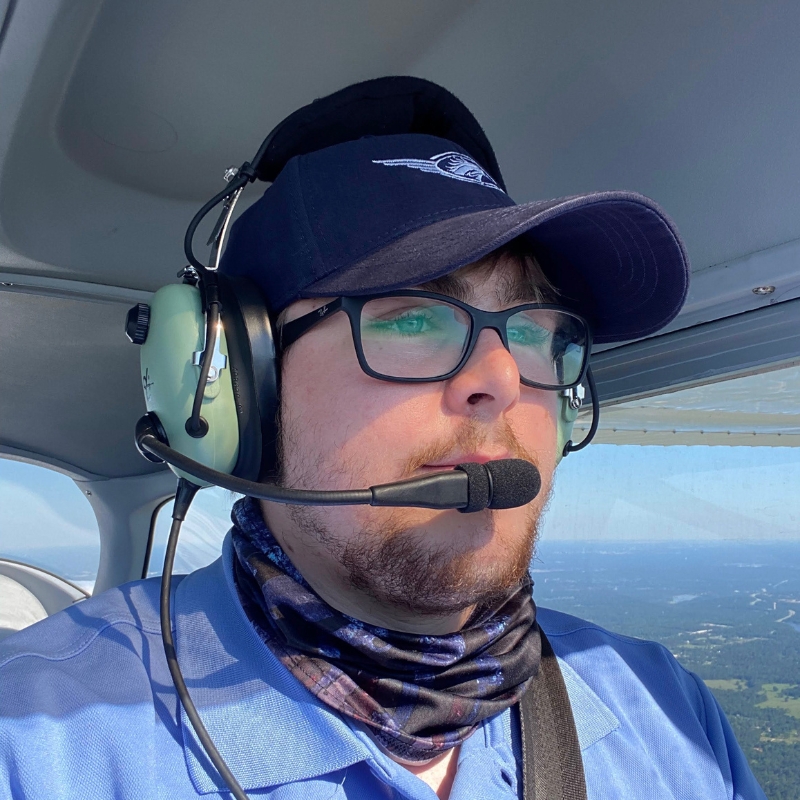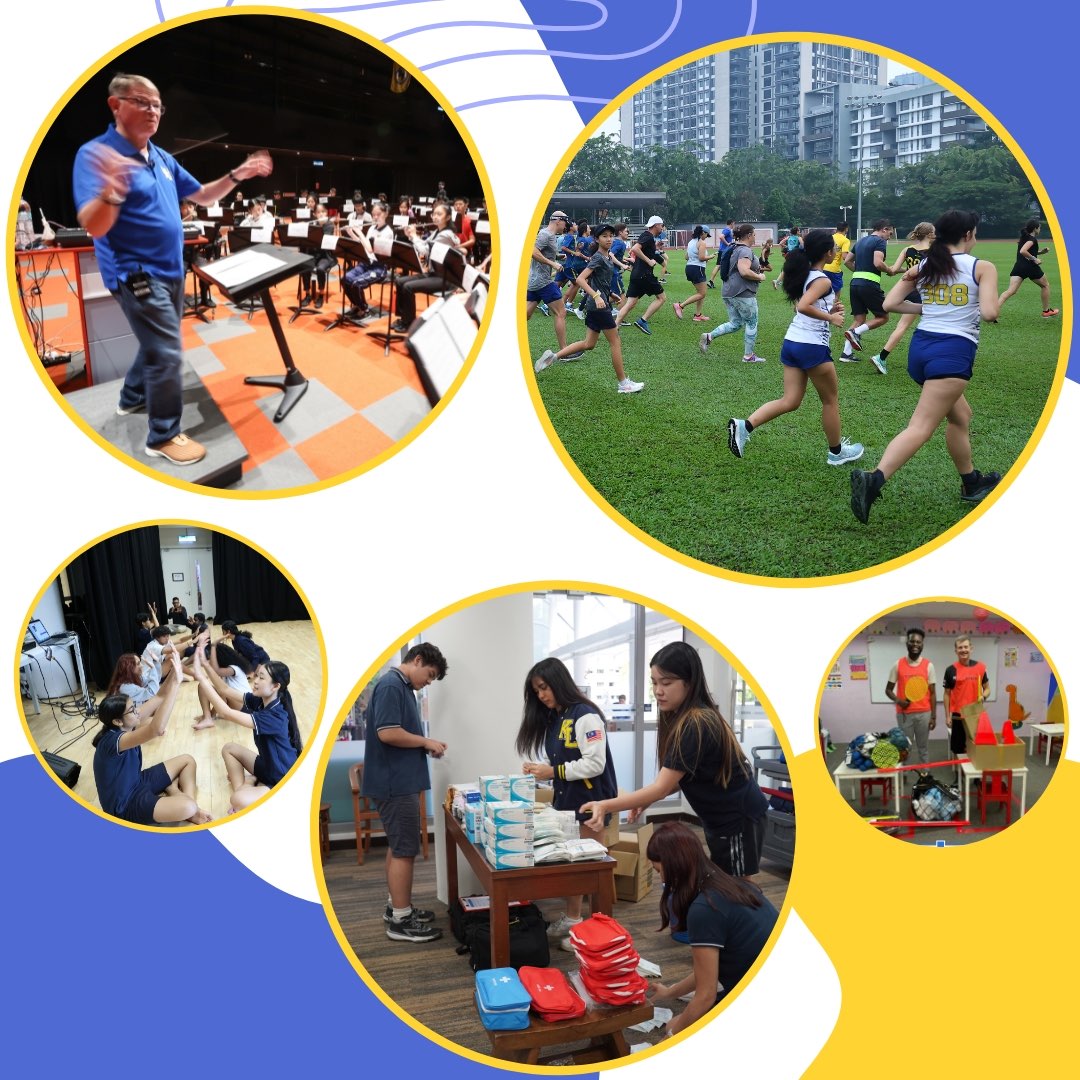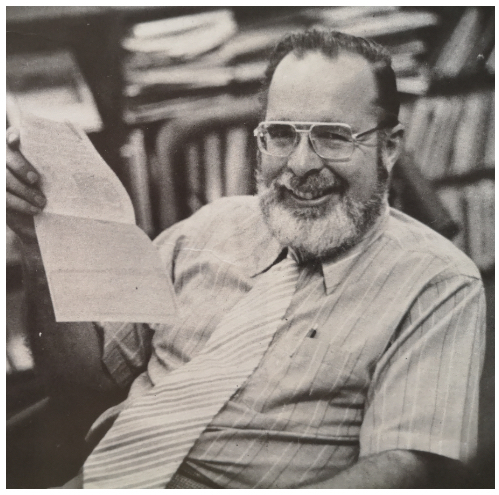After completing his education in the Malaysian school system, Nathaniel Zacharias (Class of 2012) joined ISKL as an IB Scholar in 2010, discovering a whole new world of learning. Nathaniel describes learning Theory of Knowledge, Economics and Spanish Ab Initio as allowing him “to see previously unseen things.”
An Engineering graduate of Durham University, Nathaniel now lives and works in Singapore as a Process Integration Engineer. He explains what that very technical sounding career entails, and shares his memories of ISKL and experience with the IB, plus highlights of his pilgrimage last year along the Camino de Santiago, with Lynette MacDonald, Director of Development and Alumni Engagement at ISKL.
LM: What was it like to move from the local Malaysian national system to studying the International Baccalaureate in an international school? Did you find the transition challenging? Did you have to adjust the way you studied?
NZ: Academically, the IB required a lot of personal input and independent thinking which was to be perfected through practice. Personally, I had to get used to listening more attentively to people because of different spoken accents. I did not have to contend with these issues in the local Malaysian national system.
I remember one transition to have been a particular struggle: getting in sync with the rhythm of the eight day cycle with odd and even day scheduling. It really messed with my sense of when a class was supposed to be during the day. I came from a system where the timetable was fixed by day and time through the week – no rotations. The way I studied remained mostly the same, i.e. at home in a well-rested state.
LM: What were your favorite subjects in the IB and why? How influential were the teachers?
NZ: Economics, Spanish (Ab Initio), and Theory of Knowledge – learning these was a novel experience for me. Prior to the IB, I had zero exposure to Economics (whose reasoning I learnt to love), I did not think it was possible to learn a language from scratch at the age of 18, and I never questioned presumed knowledge. I loved the three subjects because they allowed me to see previously unseen things.
The teachers made the subjects. Their charisma, knowledge, and clarity were inspirational.
LM: Did studying the IB assist or inform your choices when you moved on to study the Integrated Masters in Engineering at Durham University? Which area did you choose to focus on?
The IB certainly did inform me of what to choose as a degree. My interest at the start of the IB was in Physics but this interest ran dry when Theory of Knowledge started poking holes in empirical ways of knowing. I decided I would stick to the more applicable realm of Physics and take up the sensible, jack-of-all-trades degree of Engineering, which I also saw as having wider job prospects compared to a purely Science degree. My later specialisation in Electronics was chosen based on experiences with university lecturers.
LM: Post-university, you have worked in two similar, but different, areas of the microchip industry. Please tell us about the jobs you’ve taken and the pros and cons of both.
NZ: My first job was in Failure Analysis. I carried out procedures on automotive microchips which were returned from the field. The objective was to find the root cause of failure in those failing units. It was a laboratory based job in which I used a mix of simple procedures and sophisticated inspection tools to isolate the failures. Pro: it involved a lot of problem solving and reasoning. Con: I found this to be very repetitive after a few months.
My second (and current) job is in Process Integration. This role oversees the entire process flow of manufacturing an integrated circuit wafer. Most of my time is spent ensuring that the trend charts of the final test parameters remain stable during manufacture. This is done by data analysis, having knowledge of the process flow, and understanding the tools used in the fabrication processes. Pro: There’s a lot of breadth to keep me interested. Con: Switching between tasks is mentally draining.
LM: For ISKL students or alumni interested in the field, what is your advice for finding work in the industry? Is it as simple as answering job ads?
NZ: After graduating, I was oblivious to the existence of these roles and the names of these companies. I was quite simply job-hunting online using terms like Electronics Engineering, and applied for some positions.
If you’re applying for a technical role in a specialised manufacturing field, all you have to do is be prepared with some technical knowledge to demonstrate to your interviewers that you know the basics. Don’t be nervous, they are well aware that you’re a fresh grad and have set their expectations as such. That was how I got my first job.
My second job was recommended to me by my first manager after I told him that Failure Analysis was too repetitive. So I asked for the contact of a HR representative in my current company, and pursued the topic of getting hired. I still had to do a technical interview.
It boils down to this: in a technical role, expect a technical interview. At the same time, feel free to ask to be pointed to the right people who can introduce you to the hiring managers for the roles you want. Also learn to bide your time; it took me nine months to change companies, and a further four months to do a pseudo-internship (or apprenticeship) in my current role. And, manage your expectations about whether or not your application will be successful, what your salary will be, what your teammates will be like, and what your working environment will be like – there’s no such thing as perfection, and that’s okay.
LM: What have you learned about yourself through the work you’ve done?
NZ: I like challenges which are just beyond my current area of knowledge but not too far beyond it such that it causes me panic. I dislike repetitive, procedural tasks and prefer instead to work on a project with specified goals and a set timeline. I’ve learnt the value of having metrics which measure in concrete ways if a deliverable has been achieved. I have learnt to appreciate my work environment because it is data-driven; there’s no room for whitewash (if only politics were like this!).
LM: Back to ISKL…What extracurriculars did you take and did you continue to pursue them at university? Did you receive any Awards at ISKL or have any memorable IASAS experiences?
NZ: I did mostly debate and impromptu. I took debate with me to university but abandoned it after the first year because I couldn’t keep up with the law students in the debate society – it wasn’t meant to be. I received the Robert B Gaw Citizenship Award at ISKL in 2012 for my role as Student Environment Officer – I remember organising a carpooling day (or week) where we handed out cafeteria coupons for people who carpooled to school and I remember chairing meetings to reduce waste in school. IASAS Forensics 2011 was held at ISKL during which I hosted two debaters from TAS. IASAS Forensics 2012 was at SAS during which we had a slam poetry contest which I won. We travelled by bus to SAS and I brought my guitar along – I’m sure we sang songs but I can’t remember. We made friends from the other schools with whom we kept in touch for a while and then slowly drifted apart. Good memories in general.
LM: You’re in Singapore and working from home due to Covid-19. How manageable is it for you? Is the “new normal” influencing the way your industry operates?
I’m perfectly fine with working from home now. I enjoy not having to commute. We have to declare twice daily our temperatures through an online portal. By and large, everything is well managed and I’m happy to comply – it really doesn’t cost me much in time nor effort. I’m in a role that can operate completely from home unless specific issues crop up.
Our industry is in manufacturing. Our production line does not stop. In general, we are ebbing towards systems of automation and digital tools that will allow us to rely on fewer and fewer people onsite. I think COVID has given us a wake up call to speed up this shift towards automation and digital solutions allowing one person to do the work of ten. We will still need a brick and mortar presence just because we need factory space to house our physical tools and the production line.
LM: You walked the Camino last year – almost a month on foot. Tell us about the route you took, the people you met and the things you learnt along the way. For many, the experience is life changing. Was it that for you?
NZ: I walked the Camino de Santiago del Norte as opposed to other routes because I read it was more scenic albeit more physically challenging. The route hugs the coast along the north and allows pilgrims (walkers) to enjoy beaches along the way. This route is also known for being less crowded and more popular among solo pilgrims, which I was.
It is in the spirit of the Camino that you meet fellow pilgrims on the way and walk some part of the journey with them. I encountered a lot of goodwill from fellow pilgrims. For example, I developed blisters on my feet and didn’t have a blister kit with me, but there was a Frenchman who taught me to treat it with a needle and thread from his sewing kit. I met a man who was walking his seventh time; I met a lady who was walking on behalf of her deceased sister who passed away before being able to walk it; I met an engineer who was a digital nomad and able to work remotely full time; I met a Hungarian bus driver who learnt how to speak English through a contest he won on Facebook; I met a Swiss lifeguard who took up photography and was heading to China for a camping trip; I met an Australian couple who started their walk from Geneva; I met a doctor from Medicins sans Frontiers who speaks six languages; and I met a former nurse who is now an executive in pharmaceuticals.
There was no single life-changing experience to take away from it. Even if there was, it would be very difficult to put it into words. It was just living day-to-day, walking, with simple food, and simple conversations, with ordinary people who came to do the same thing. It was a quiet, enjoyable adventure that I would do again. Everyone has a different Camino experience.
LM: What is the next step for you – professionally and personally?
NZ: Professionally, it’s time to move into a different role again but I’m uncertain as to what I want this time. This is a medium term target.
Personally, I’m looking for the Bonnie to my Clyde. This is a far future target.


